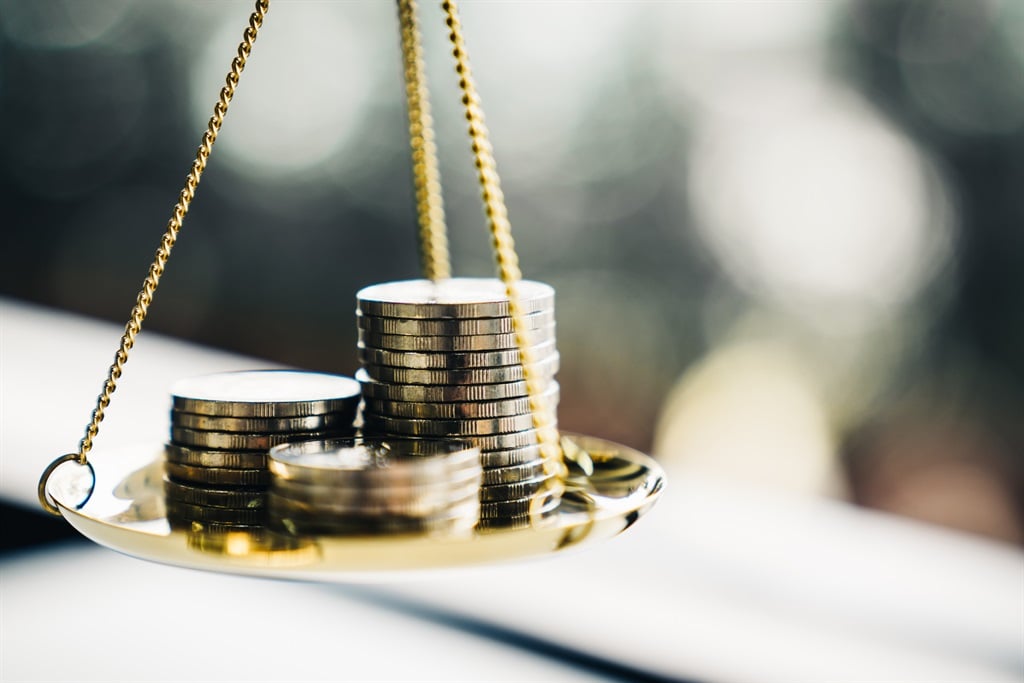News
MONEY CLINIC | How do interest rate hikes affect my finances?

Generally a rise in interest rates is good for savers (you’ll earn more interest on your savings) and bad for borrowers (you’ll have to pay more on your loan).
Interest rates have been rising worldwide, and experts anticipate that rates will continue to rise.
The SA Reserve Bank hiked rates by 25 basis points on Thursday, bringing the repo rate to 7.25% and the prime rate to 10.75%. But what exactly does this mean and how does it affect your finances?
Kondi Nkosi, country head at Schroders in South Africa, explains:
What are interest rates?
Interest rates represent the cost of borrowing.
When a central bank, such as the South African Reserve Bank, Bank of England, US Federal Reserve or the European Central Bank, announces a new rate, this determines the cost to local banks when they borrow. In turn, this steers the rate at which banks lend to each other and influences the interest rate at which they will lend to the consumer (that’s you).
So when the bank rate goes up, you would expect your home loan rate to go up too, and vice versa.
Why are interest rates rising?
Central banks are raising interest rates to contain inflation (an increase in prices and a fall in the purchasing power of money). Most central banks have an inflation target or an inflation target band.
For example, the Bank of England’s and the European Central Bank’s inflation target is 2%, while the Fed targets an average inflation of 2% over the long term.
Central banks try to influence spending habits when they change interest rates. Interest rates affect the overall level of activity in the economy.
If interest rates are higher, we’re more likely to save because we’ll earn more interest on our savings. Borrowing is also more costly.
This reduces spending within the economy, which tends to dampen inflation. Importantly, higher interest rates won’t have an immediate impact – it takes time for their effects to filter through the economy.
Savings, loans, credit cards and store credit: what will higher interest rates mean?
Generally, a rise in interest rates is good for savers (you’ll earn more interest on your savings) and bad for borrowers (you’ll have to pay more on your loan).
As interest rates rise, you expect to pay more for mortgages, loans, credit cards and store credit. Lenders are generally quick to pass on rate increases to borrowing customers. Some loan agreements – including certain mortgages and credit card deals – have fixed rates for a set period. But they usually revert to a variable rate at the end of that term, so check the details of any credit agreements.
What does this mean for my investments?
The good news is that if you have a well-diversified investment portfolio, some of the assets you are invested in may benefit from higher interest rates – such as cash. Conversely, you may see a drop in assets like bonds. Although we are experiencing extremes in the market, the basic pillars of good investment still exist, such as remaining calm and avoiding rash decisions, staying invested and speaking to a professional financial adviser about potential changes to your portfolio.
Questions may be edited for brevity and clarity.
